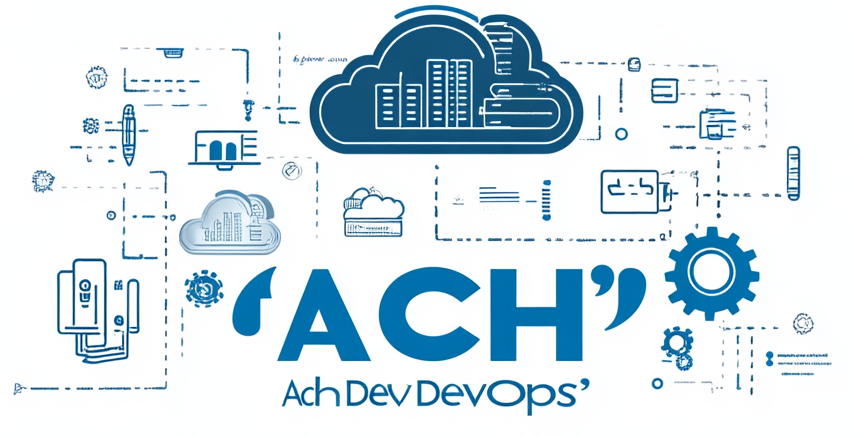The term DevOps combines Development and Operations, aiming to streamline the software development lifecycle through better collaboration and automation. Many people ask whether DevOps requires coding. This article explores the role of coding in DevOps, the necessary skills, and the impact of coding knowledge on DevOps practices.
Learn more about the fundamentals of DevOps to understand how coding integrates into these practices.
Introduction to DevOps and Coding
A DevOps engineer often takes on tasks that require various skills, including coding. Although coding isn’t the sole focus of DevOps, it plays a significant role in automation, scripting, and infrastructure management. Engineers use code to automate tasks, build continuous integration/continuous delivery (CI/CD) pipelines, and manage infrastructure as code (IaC).
Explore current trends in DevOps to see how coding skills increasingly become a key part of the role.
Importance of Coding in DevOps
While DevOps engineers don’t need to be expert developers, understanding coding is beneficial. Coding supports the following aspects:
- Automation: Writing scripts automates repetitive tasks, reducing the chances of human error.
- Infrastructure as Code (IaC): Managing and provisioning infrastructure using code ensures consistency across environments.
- CI/CD Pipelines: Automating the integration and delivery of software allows for faster and more reliable deployments.
Coding Languages Commonly Used in DevOps:
- Python
- Bash/Shell scripting
- Ruby
- Go
Core Concepts of DevOps
Key principles of DevOps where coding plays a role include:
- Continuous Integration (CI): Developers frequently merge code changes into a shared repository, automating testing and integration processes with scripts.
- Continuous Delivery (CD): DevOps engineers automate the deployment of code changes to production environments, ensuring new updates can be released at any time.
- Infrastructure as Code (IaC): Engineers use code to manage and provision computing infrastructure, promoting consistency and scalability.
- Monitoring and Logging: DevOps teams write code to collect, analyze, and act on system performance data.
Applications of Coding in DevOps
Coding skills apply widely in DevOps practices across various industries, such as:
- Finance: DevOps engineers automate the deployment of secure financial applications.
- Healthcare: They write scripts to develop secure, reliable software solutions that enhance patient care.
- Technology: They build and maintain CI/CD pipelines to support continuous innovation and product quality.
Benefits of Coding Knowledge in DevOps
Knowing how to code offers numerous benefits in DevOps:
- Increased automation capabilities
- Improved collaboration between development and operations teams
- Higher software quality through better testing and integration
- Increased efficiency by reducing manual intervention
Challenges and Limitations
Despite the advantages, coding in DevOps comes with challenges:
- Skill gap: Some operations professionals may not have coding experience, creating a learning curve.
- Tool complexity: Integrating various tools into the DevOps pipeline often requires coding knowledge, adding complexity.
- Maintaining code: Engineers need to maintain and update scripts and automation code as environments change.
Case Studies/Examples
Several companies highlight the importance of coding in DevOps:
- Netflix: Engineers use Python and other scripting languages to automate deployment processes and manage infrastructure.
- Etsy: Coding plays a crucial role in building robust CI/CD pipelines, allowing for rapid deployment with minimal downtime.
The Future of Coding in DevOps
As DevOps evolves, coding will remain a critical skill. With advancements in automation, AI, and infrastructure management, coding will integrate even further into DevOps practices. Engineers with coding expertise will be better equipped to innovate, improve efficiency, and drive the future of software development.
FAQs
- Does DevOps require coding skills?
- While not all DevOps tasks require coding, coding skills are highly beneficial for automation, scripting, and managing infrastructure as code.
- What coding languages are commonly used in DevOps?
- Common languages include Python, Bash/Shell scripting, Ruby, and Go.
- Can someone without coding experience work in DevOps?
- Yes, but learning to code can significantly enhance their ability to automate processes and manage infrastructure.
- Is DevOps only about coding?
- No, DevOps encompasses broader practices, including collaboration, automation, and continuous improvement, with coding being just one aspect.
